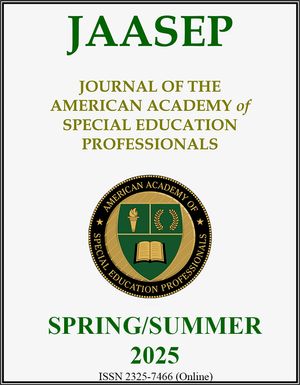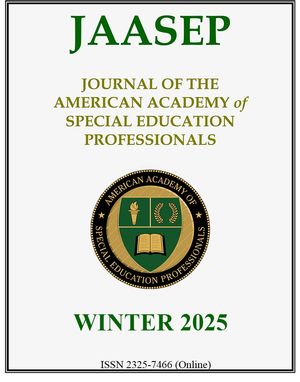$5.95
I-CARE: Scaffolded Instruction Approach to teach Staff Self-Care within Juvenile Justice Facilities
Abstract
Staff who work in juvenile justice settings frequently face high levels of occupational stress, secondary trauma, and burnout as a result of numerous stressors. Without recourse, these stressors can negatively impact staff well-being, and decrease staff self-efficacy and ability to implement treatment programming to the youth they serve with fidelity. One way to reduce staff levels of occupational stress and improve well-being is consistent use of self-care practices. It is critical to develop an effective approach to support the increase of self-care practices among staff in juvenile justice facilities. The I-CARE instructional approach, influenced by the self-regulated strategy development (SRSD) and multi-tiered system of support (MTSS) frameworks, is one such method for teaching daily self-care practices. We describe the I-CARE instructional approach and how it can be supported within juvenile justice facilities.
Keywords: staff self-care; I-CARE; juvenile justice; multi-tiered system of support, professional development



